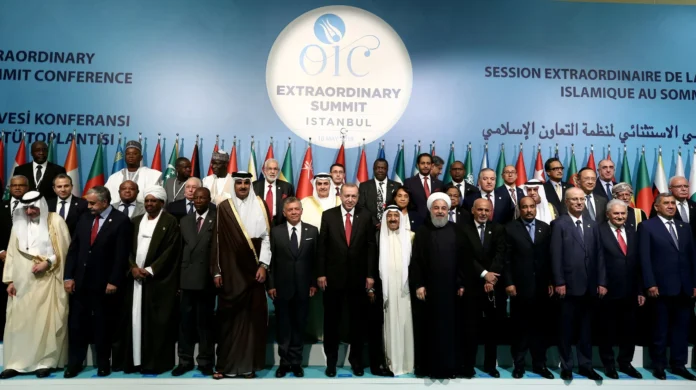Author: Turan Kayaoglu
Affiliation: Brookings Institute, Doha
Organization/Publisher: Brookings Institute, Doha
Date/Place: September 28, 2020/Doha
Type of Literature: Report
Word Count: 5012
Keywords: Human Rights, OIC, Sharia, Sovereignty
Brief:
The author gives a brief history of the development of human rights under the OIC. Beginning with the Cairo Declaration, the OIC introduced its first comprehensive list of human rights. One of the controversial aspects of that document was its obvious commitment to the Sharia law. Many criticized the cursory use of Sharia because the document never describes what it means, thereby leaving a wide range of interpretation during the process of implementation. Moreover, the Cairo Declaration favored states over individuals. Since its proclamation, liberal NGOs and human rights groups have criticized it for many reasons; no law in any OIC member state refers to the document. Since the 2000s, the OIC has established a committee to revise the Cairo document. Although the new document moves away from Sharia and speaks about Islamic values, it suffers from the same problems as the previous document. It falls short of measuring up to liberal standards of human rights; for example, the new document has improved on the question of women’s rights, but explicitly rejects LGBTQ rights. While the new revised document is a significant improvement, there is no doubt a gap between it and liberal ideals. The author suggests that liberal human rights groups and Western governments further engage the OIC so as to force member states to implement what has been declared, and improve on those issues that are lacking in terms of human rights. Further dialogue can empower liberals and moderates at the expense of conservatives.
By: M. Üveys Han, Senior Research Associate




